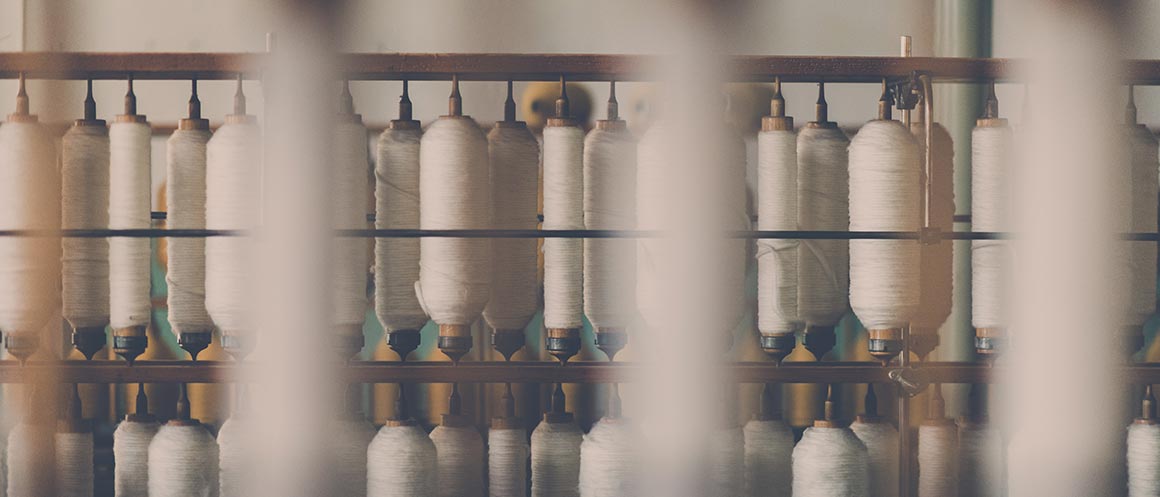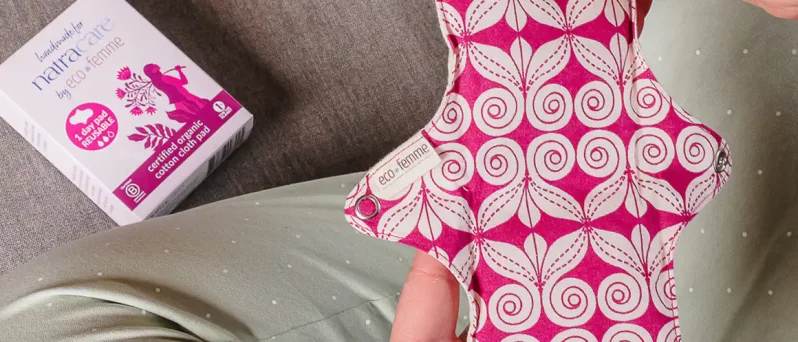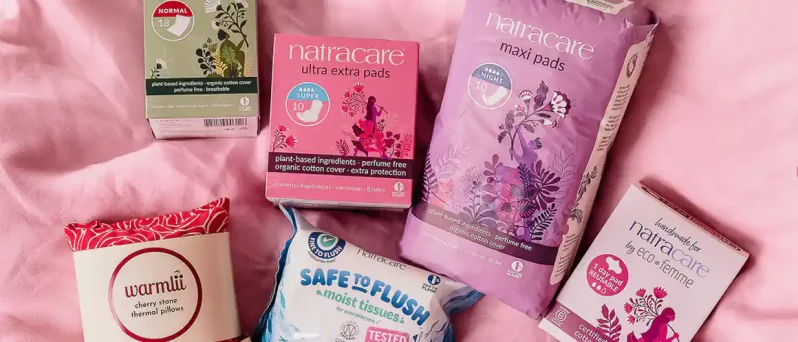& 4 simple swaps
If you were asked what the most chemically intensive crop in the world is, which crop would you guess? This crop is exposed to 10% of the world’s pesticides and nearly 16% of the world’s insecticides. It’s not one we eat, but rather something we wear, clean with, sleep on and use in so many different ways: cotton.
Cotton, in short, is extremely versatile.
The cost of this heavily pesticide sprayed crop that we use ubiquitously comes at a high price. Glyphosate, the most commonly used pesticide, has been categorised as a “probable carcinogen” by the World Health Organization, and labelled as one of the most toxic chemicals by the Environmental Protection Agency. These pesticides are harming our earth’s air, water, soil; the cotton farmers and the communities surrounding these cotton-growing areas; the individuals who produce cotton products; and ourselves buying them.
But not all cotton is created equal. Organic cotton is a much more sustainable crop when we think about the severity of climate change and the essential preservation of the world’s finite resources. A life cycle analysis by Textile Exchange showed:
- The impact on climate change of organic cotton is almost 50% lower than conventional cotton
- The resources used to create organic cotton is more than 60% lower than conventional cotton
Switching to organic cotton is essential if we want a sustainable future for our planet. For a healthier body, a healthier community, and a healthier planet – here are 4 swaps to help you incorporate organic cotton into your daily life.
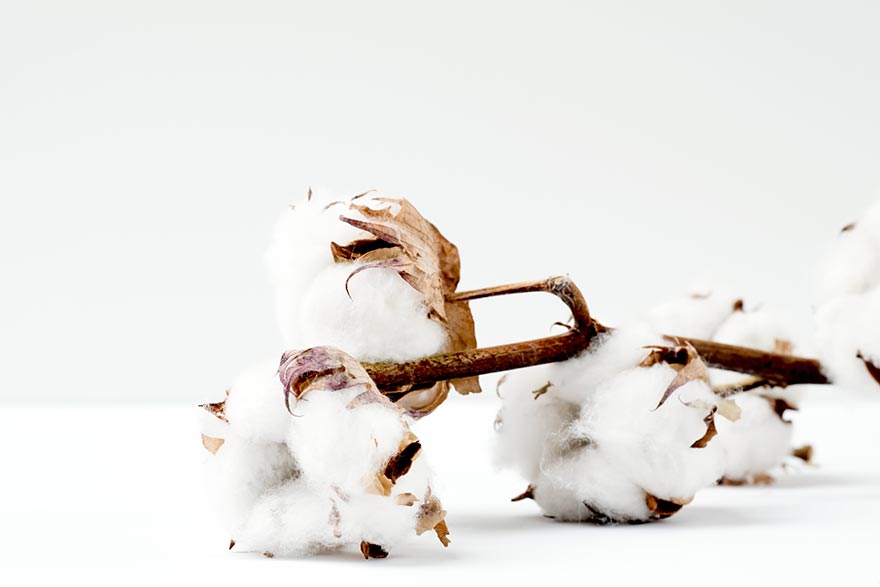
Clothes
From our t-shirts and jeans to underwear and socks, you’d be hard pressed to find a wardrobe without cotton in it. It’s a clothing staple. Admittedly, opting for organic cotton can be limited and expensive, so why not choose the next best option and buy second hand to make your wardrobe sustainable ?
Personal care products
In addition to clothes, cotton-based personal care products can have a deeply intimate impact on our body’s health. Whether it’s menstrual care products such as tampons and pads, or personal care cotton swabs and balls, makeup remover and other wipes, and more – these types of items are easily forgotten about! Often times organic cotton clothes can be more expensive. But period products, like Natracare, don’t have to break the bank, they can be a more accessible switch to make.
Certified Organic
Period Products
Find your nearest store
Bedding
We spend roughly one-third of our lives sleeping – that means one third of our lives face-to-face on pillows and one third of our lives up close and personal with cotton. Get better sleep and opt for 100% organic cotton bedding to reduce your exposure to nasty chemicals like pesticides and to make a more sustainable choice for the planet.
Baby products
Primarily made from cotton, diapers and wipes come in direct contact with our little one’s skin day and night. As their immune systems develop, it’s important to protect their sensitive skin and bodies by avoiding chemicals in conventional products where possible. Baby wipes, specifically, are often made from a blend of plastic and cotton – even when labelled organic or natural. We’re proud here at Natracare that our baby wipes (and all of our wipes) are made with a 100% organic cotton cloth.
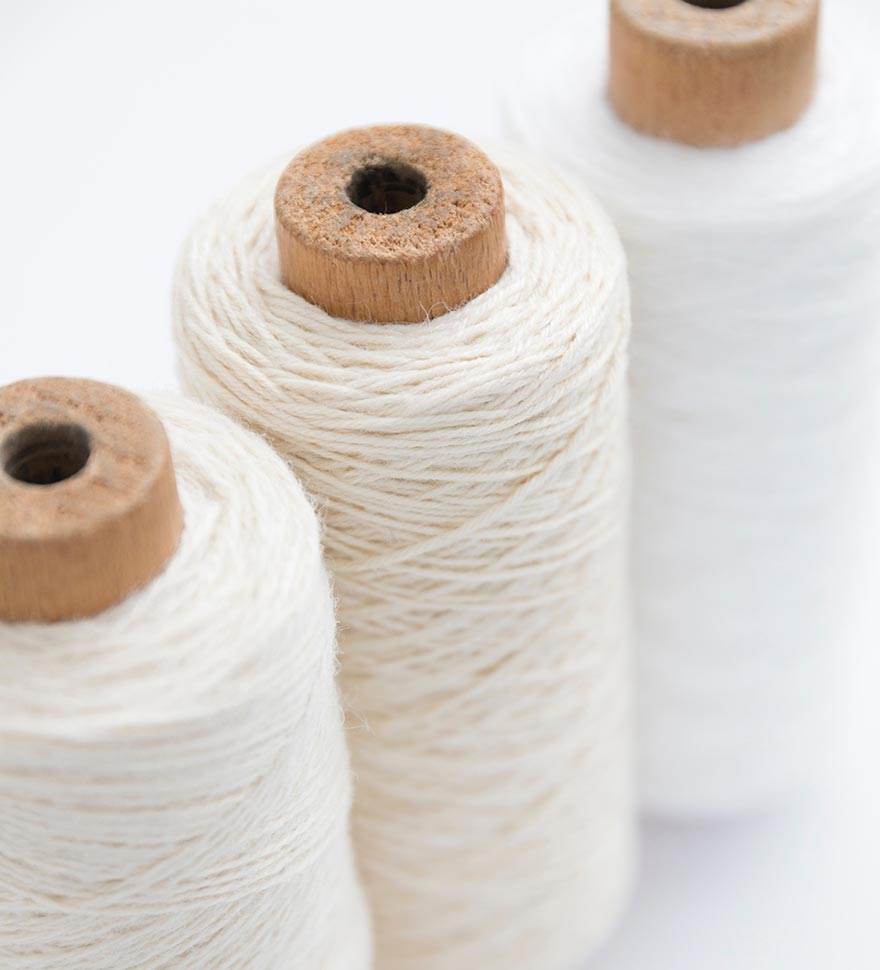
By purchasing organic cotton items and supporting purpose-driven companies, we can continue to shift the demand for better products and a cleaner future.
As Susie Hewson, owner and founder of Natracare – producers of the world’s first organic, non-toxic period products – states, “We live during a time when there are harmful environmental pollutants everywhere – and since governments are often slow to act, the responsibility lies with business owners to provide people with alternatives that protect their health, animal welfare and the future of the planet. These are things are at the heart of what we do and we’re proud to be protecting people’s bodies.”
The abundance and versatility of cotton in each of our daily lives makes the switch to organic cotton an impactful way to help fight our climate crisis and reduce our ecological footprint.
Let us know how you are integrating more organic cotton into your life!
